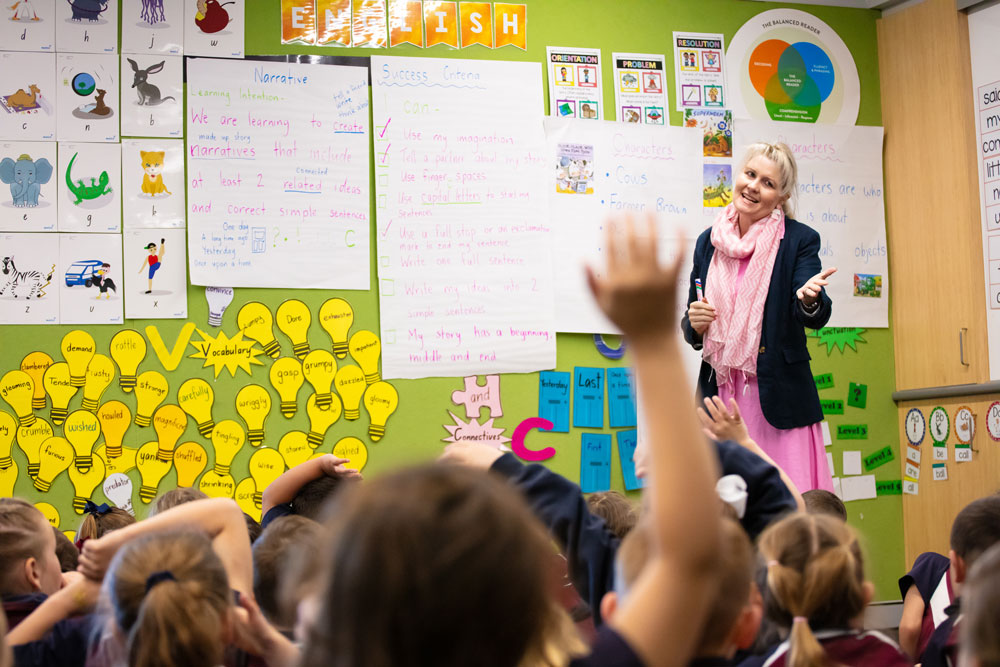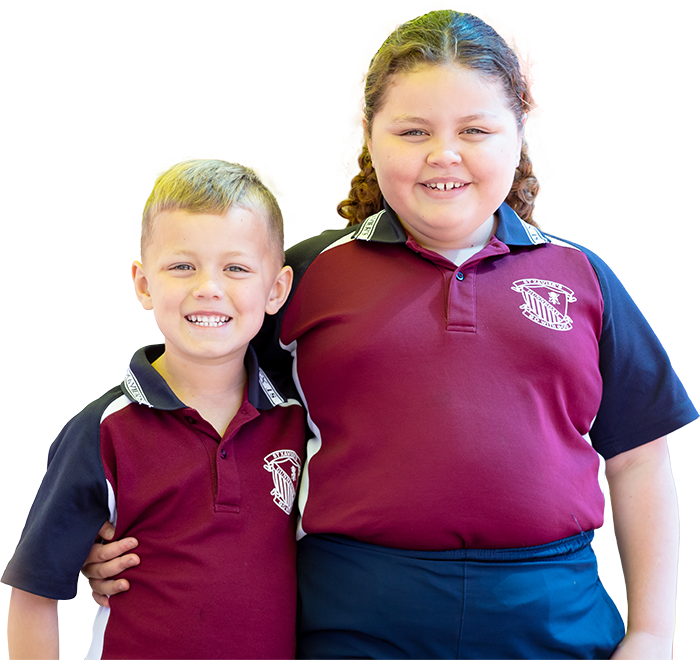Curriculum
Home » Curriculum
NSW Curriculum
The NSW Education Standards Authority (NESA) is responsible for developing Kindergarten to Year 12 syllabuses for NSW schools.
The NSW curriculum includes the Key Learning Areas (KLAs) of English, Mathematics, Science, Human Society and its Environment (HSIE), Languages, Technologies, Creative Arts and Personal Development, Health and Physical Education (PDHPE).

Key Learning Areas (KLAs)
Key Learning Areas (KLAs) describe broad areas of learning. In NSW, syllabuses are developed within the following KLAs:
Primary - (K - 6)
- English
- Mathematics
- Science and Technology
- Human Society and its Environment (HSIE) - History & Geography
- PDHPE (Personal Development, Health and Physical Education)
- Creative Arts
- Languages
Secondary (7 - 12)
- English
- Mathematics
- Science
- Technologies
- Human Society and its Environment (HSIE)
- PDHPE (Personal Development, Health and Physical Education)
- Creative Arts
- Languages
- Vocational Education and Training (VET)
Stages of learning
The NSW curriculum is organised in seven stages of learning.
Kindergarten to Year 6 (K–6)
Includes four stages of learning.
- Early Stage 1– Kindergarten
- Stage 1 – Year 1 and Year 2
- Stage 2 – Year 3 and Year 4
- Stage 3 – Year 5 and Year 6
Year 7 to Year 12
Includes three stages of learning.
- Stage 4 – Year 7 and Year 8
- Stage 5 – Year 9 and Year 10
- Stage 6 – Year 11 and Year 12
Specific information regarding types of courses, curriculum requirements for each stage and credentialing can be found on the NESA site.

Give your child the best education at
St Xavier’s Primary School, Gunnedah
Contact the friendly staff at St Xavier’s Primary School, Gunnedah today!

















